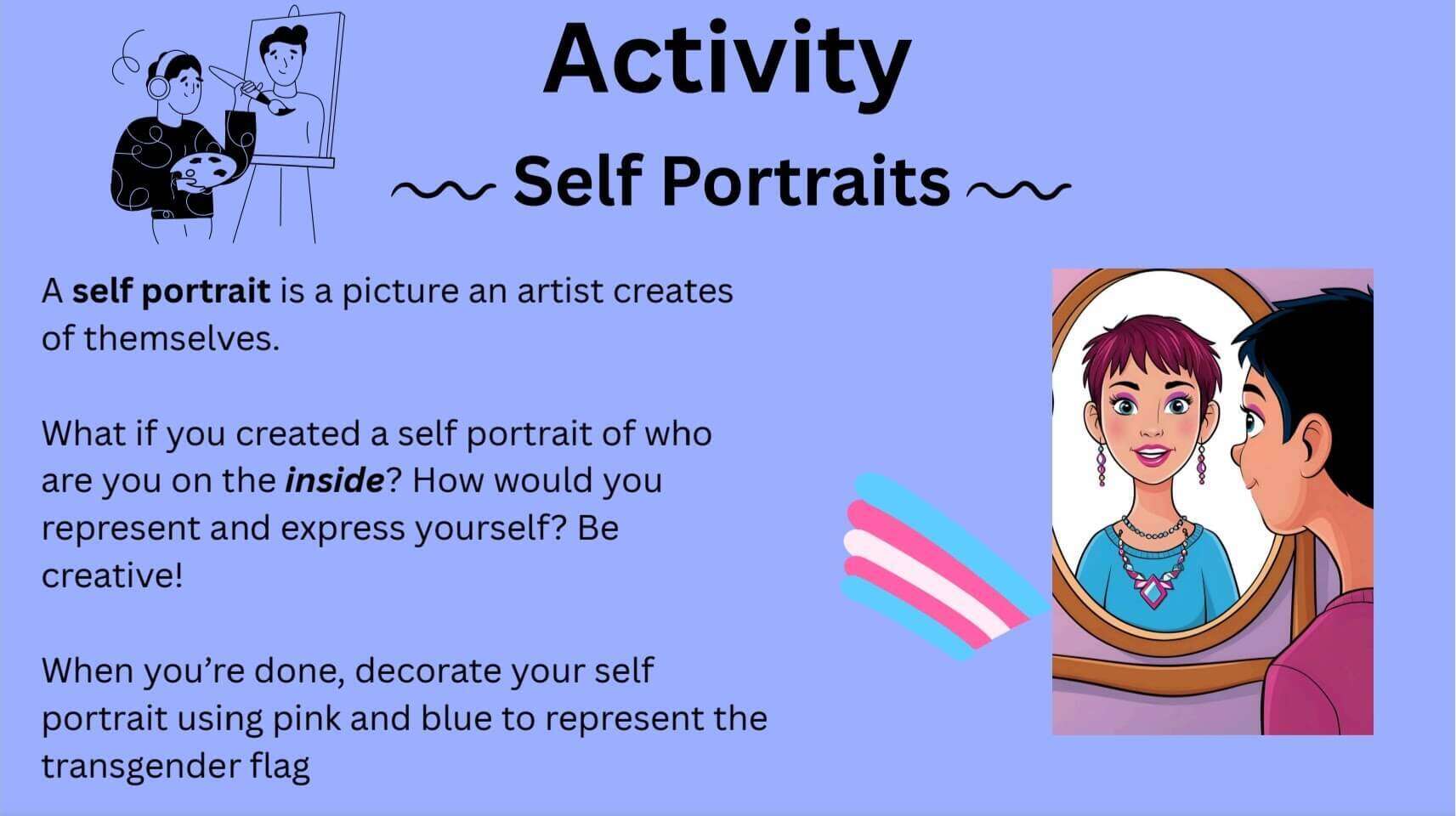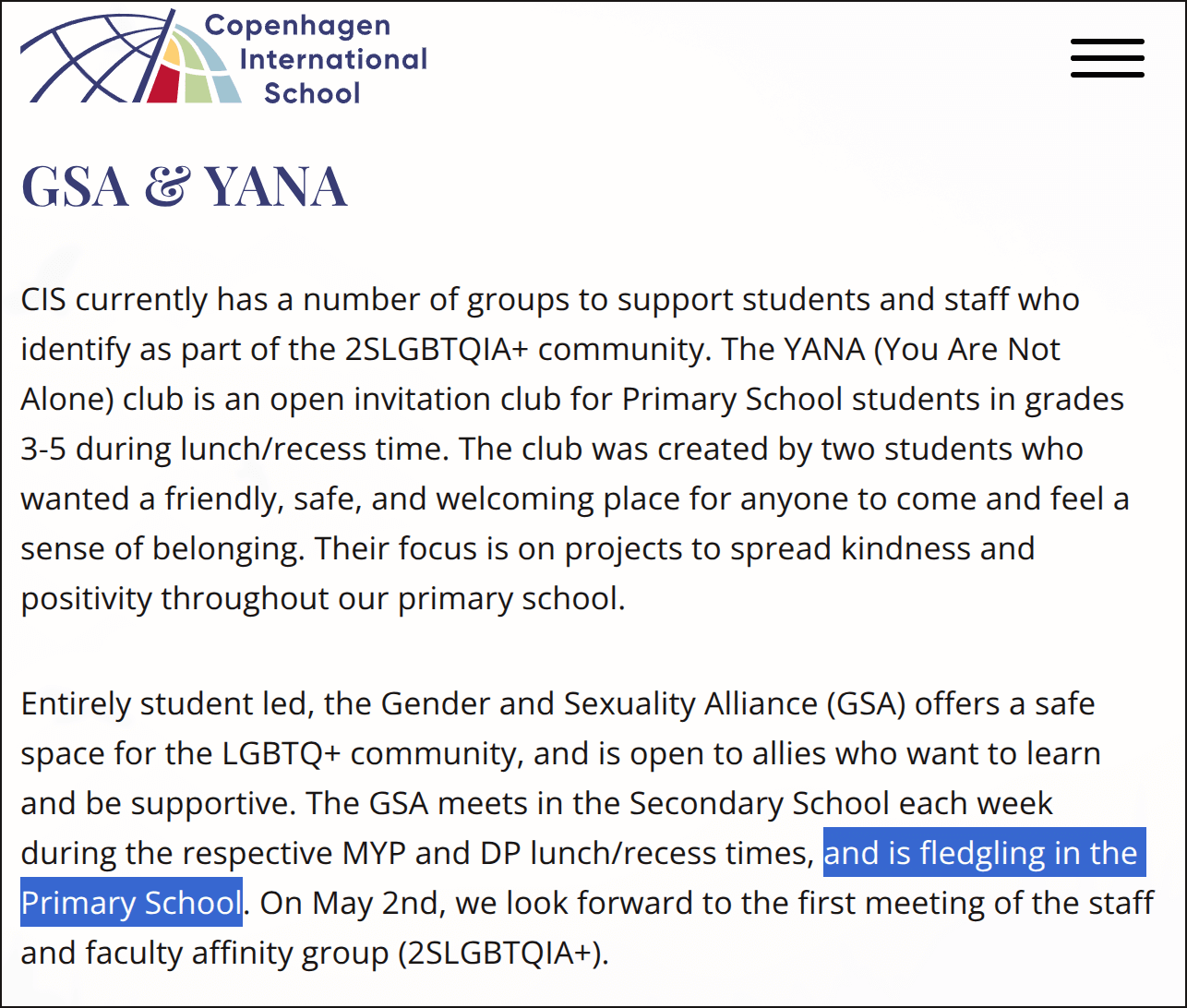2025-07-04 06:26:17
2025-06-30 03:15:55
2025-06-27 23:21:37
2025-06-27 07:07:19
2025-06-03 18:23:50


2025-06-03 16:05:41
If, theoretically, the relationship to the US gets worse, we could fear that Microsoft would be forced to shut everything down. That possibility exists. And if we suddenly can't access our emails or communicate via our systems, we'll be challenged.